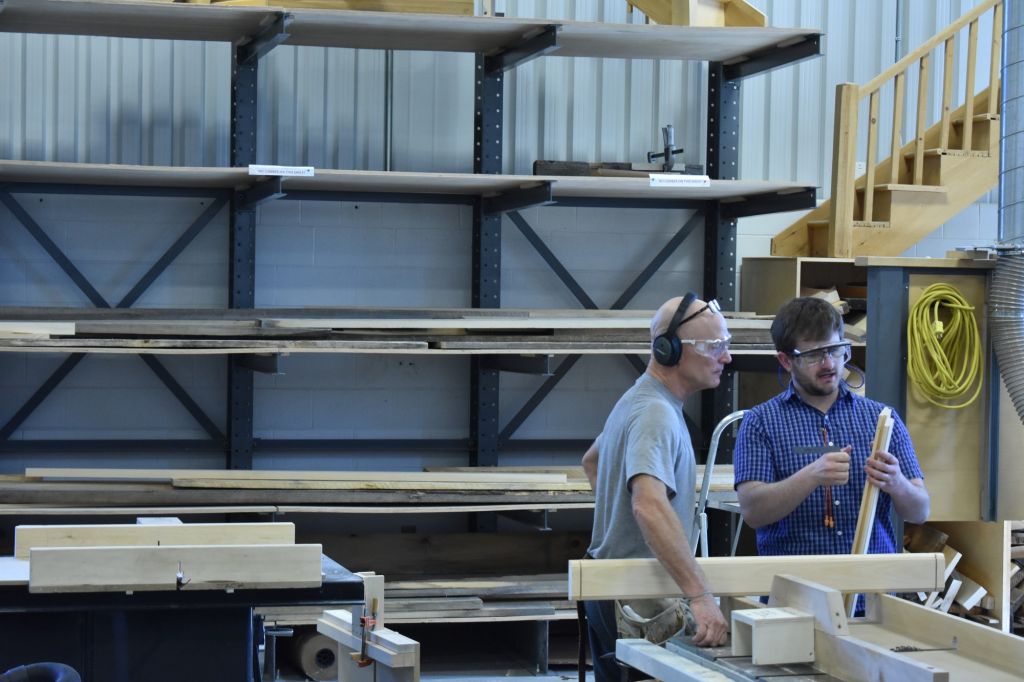Algonquin’s Perth campus is suspending intake on five programs for the fall 2018 semester, but dean Chris Hahn believes it is necessary for the success of the school.
“At the campus this coming fall, we are suspending a few program intakes,” said Hahn. “What that means is we’re not accepting intake for the next semester.”
The programs will continue for students currently enrolled; their education will not be affected. The suspension will only prevent potential new students from enrolling in the program.
“Suspending intake means taking a pause,” said Hahn. “We need to reassess the programs through a few perspectives before we can present them again.”
The primary reasons for the suspension are enrollment issues and unsure finances. Due to the Perth campus’ small student body – about 350 people – and its rural campus, the suspended programs were not seeing enough students enroll.
“The next step is to talk to an advisory committee,” said Hahn. “We need to see what necessary changes have to be made. Are the programs sustainable as is, or do we need to look at an overhaul?”
Hahn also believes that the school may need new offerings in order to thrive.
“We’ve thrown a few ideas around. Adaptive reuse is a something we’ve considered,“ said Hahn. “Adaptive reuse is taking an old building and making it new. Taking a factory and turning it into a condo, turning an old church into a theatre and maybe turning an old home into store.
“Another strong option is an agricultural management program. Some young people have inherited farms without the knowledge necessary to run them, and Perth’s rural location would be perfect.” said Hahn.
Despite the suspension of the programs, Hahn has high hopes for what comes next. He thinks that the suspensions will resolve in a positive manner, and the potential for new programs adds potential growth for the campus.
“We’re looking forward to the future of the campus,” said Hahn. “The programs that are continuing on will continue thriving, and the potential for new programming ideas is exciting. Our campus remains vital.”


